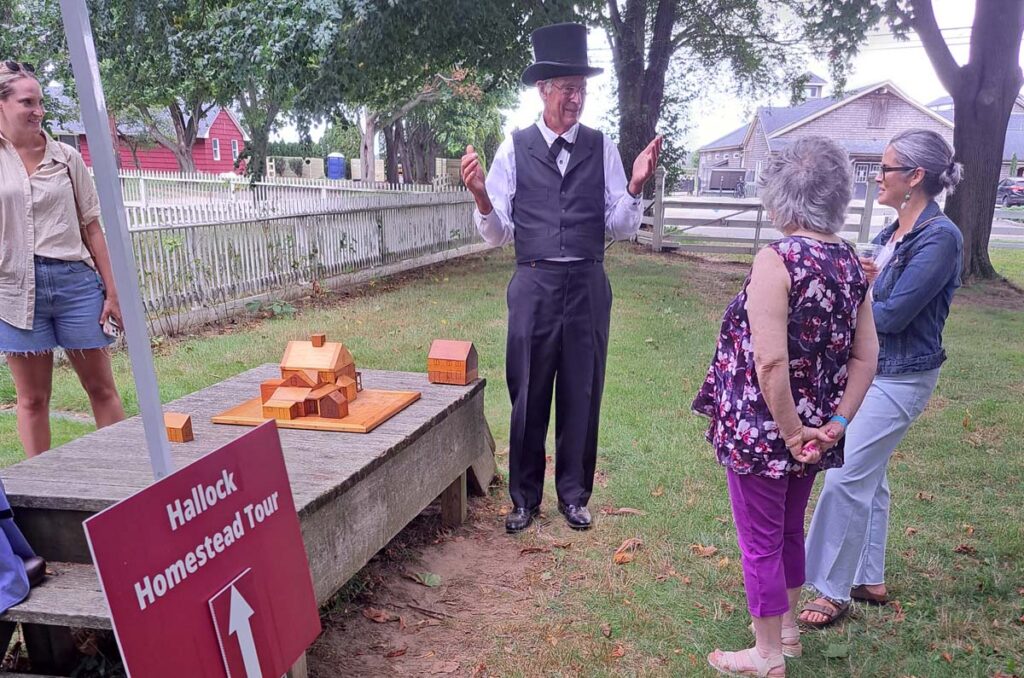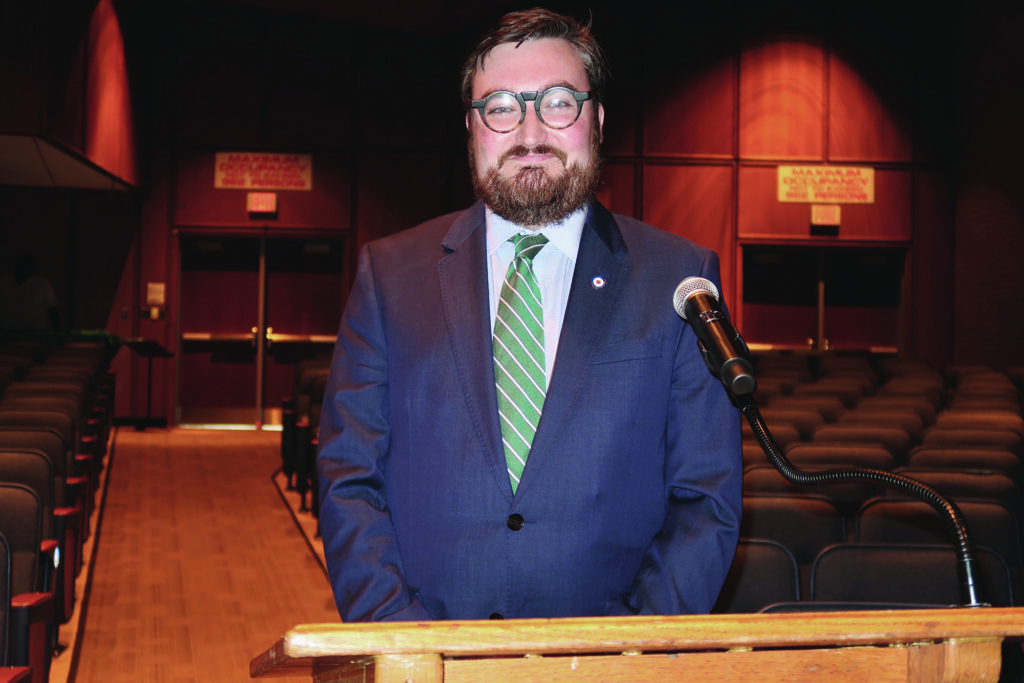Editorial: What the present means for the future of farming

In our October Northforker magazine story about the last remaining potato farmers on the North Fork, we told the story of Eric Wells. He grew up on farmland in Aquebogue that his family had been cultivating since the 17th century.
Last year, Mr. Wells uprooted his wife and five kids and moved his farming operation to Aroostook County in northern Maine, a roughly 11-hour drive from the North Fork. He deeply respected his family’s history here, but he knew his days of successfully farming in the area had come and gone.
“We’d been in Aquebogue for so long. But we could no longer be viable with potatoes on our family land,” he said in an interview for our October article. “It wasn’t working, and it had not been working for a long time. We had our last potato crop last fall and this year we bought 1,000 acres in Maine to start over. We can be potato farmers here.”
Consider the financial backdrop to the Wells’ family move: The purchase price for 1,000 acres in Maine was less than the cost of 100 acres on the North Fork — if the development rights had been sold, that is. If the development rights were available, the same amount paid for the Maine parcel would buy just 10 acres on the North Fork.
We thought again of the Wells’ story when we spoke with Paulette Satur and Eberhard Muller, the Cutchogue couple who own one of the region’s — and the state’s — best known agricultural brands, Satur Farms.
Ms. Satur and Mr. Muller started their vegetable-growing business on 18 acres in Cutchogue more than 25 years ago. They sold their crop directly to restaurants, making them pioneers in what became the farm-to-table movement. Their salad mixes are available in Whole Foods, King Kullen, FreshDirect and other local and regional outlets.
But the economic forces that in recent years have swept over the South Fork are now fully present on the North Fork. Development pressure has increased, the cost of land and houses has skyrocketed and the tidal wave of incoming money has brought change that threatens Satur Farms’ future.
In fact, it threatens all future farming operations across the region because what a grower can make on their land doesn’t correlate — in any way — with the sky-high value of the land itself and the tens of millions that could be made building houses on it.
For a number of years, Satur Farms has leased a large warehouse in Calverton that was used for washing, processing, packaging and distributing their crops. That lease ended Jan. 31 because, as both Ms. Satur and Mr. Muller explained, the rent on the building nearly tripled and they could no longer afford it.
On top of this, a 140-acre tract of rich farmland in Cutchogue that the couple has also leased to grow their leafy greens may soon no longer be available to them. The couple explains they need that large tract to raise enough product to sell to the larger markets.
Their lease on that land expires in April. The land is owned by the Soloviev Group. As of this writing, the couple do not know if the Solovievs will allow them to renew the lease for another year and thus keep farming that land.
Without it, the couple explained, they won’t have what they call a “critical mass” of acreage to sustain Satur Farms.
Granted, nostalgia for a very different past on the North Fork is not a viable government policy. But neither is shooting yourself in the foot. Multi-million-dollar houses now seem to be the norm on the North Fork. Smaller tracts of farmland have been made available through the actions of the Peconic Land Trust, but this limited acreage will not support a business on the scale of Satur Farms.
We are hoping this very entrepreneurial couple, who dedicated themselves to growing some of the finest leafy greens on the North Fork, can find a way to keep going. We need them, and the land they farm, to remain in production.








